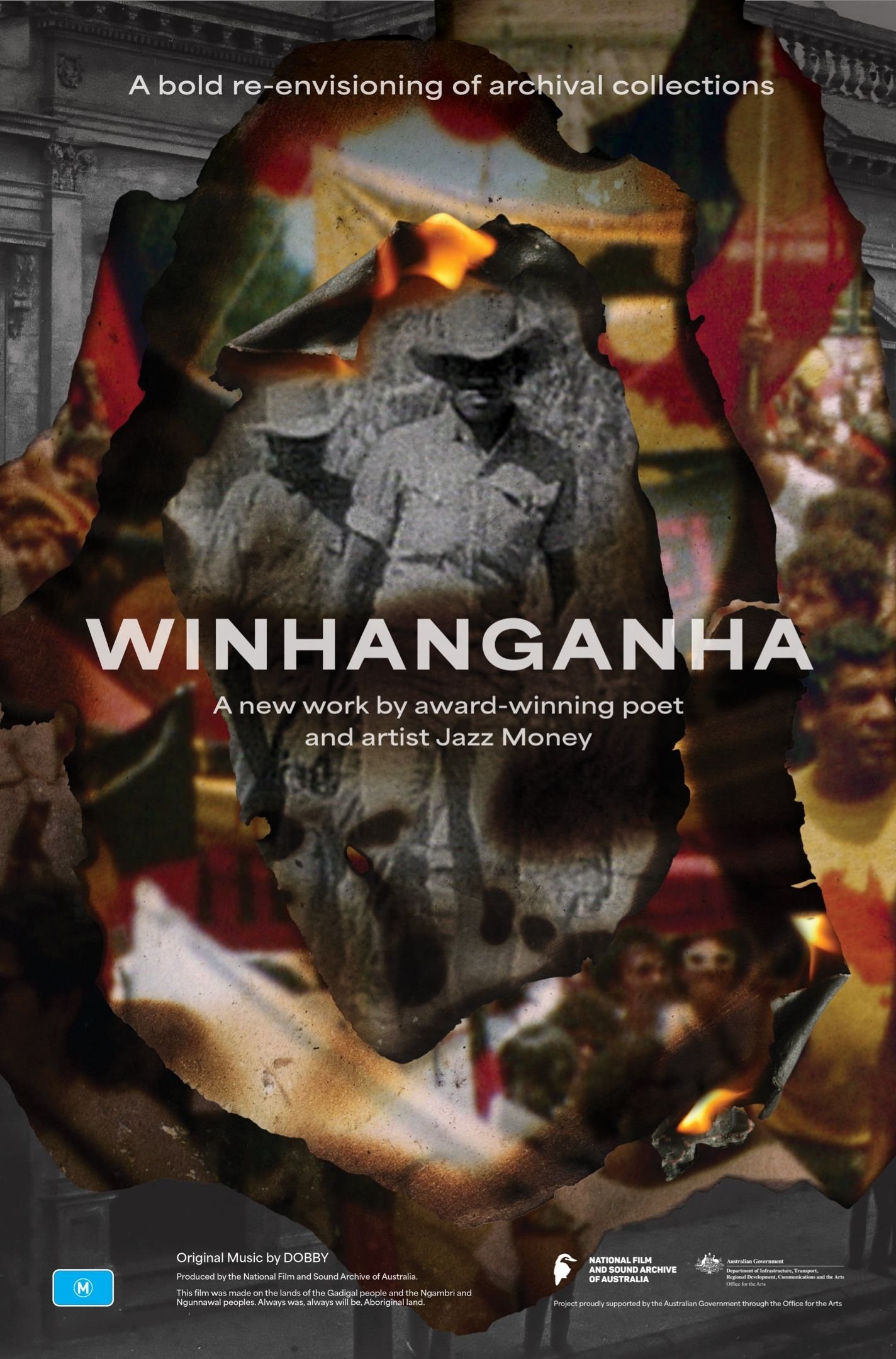
WINHANGANHA (Wiradjuri language: Remember, know, think) - is a lyrical journey of archival footage and sound, poetry and original composition. It is an examination of how archives and the legacies of collection affect First Nations people and wider Australia, told through the lens of acclaimed Wiradjuri artist, Jazz Money.
A compelling portrait of an extraordinary figure, Aboriginal WWI soldier Douglas Grant, featuring acclaimed Indigenous actor Balang Tom E. Lewis (in his final performance). Grant (c.1885-1951) was extraordinarily famous in his day, an intellectual, a journalist, a soldier, a reader of Shakespeare and a bagpipe player who could put on a fine Scottish accent. His life story connects Archduke Franz Ferdinand, Adolf Hitler, and Henry Lawson among other famous figures as he moved from Australia to Europe, UK and back. Lewis’s thoughtful and often playful reflections on Grant’s life, along with guest appearances from Max Cullen and Archie Roach, connect to the larger story of Australia’s tragic colonial history and its troubled relationship with First Australians.
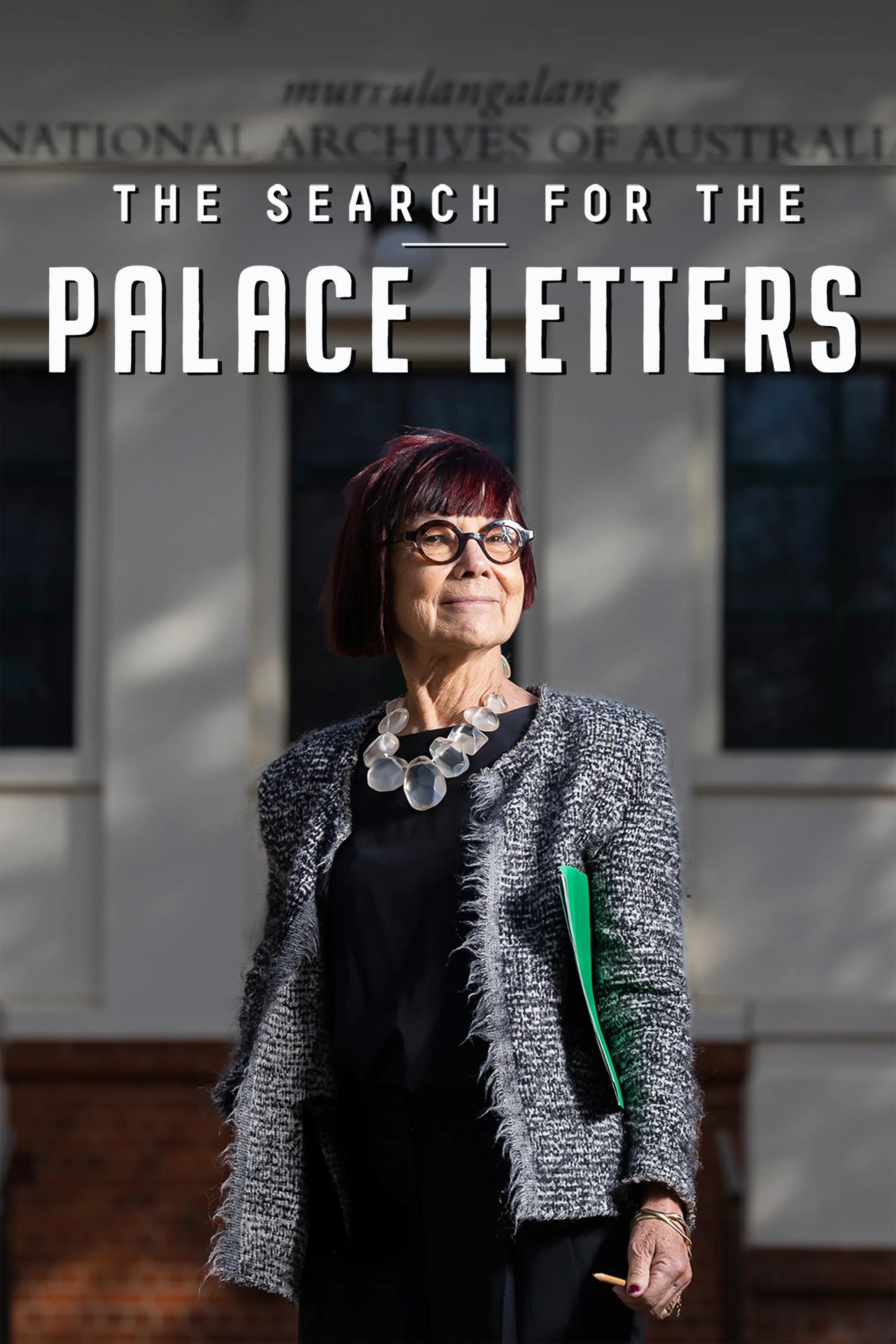
This remarkable documentary tells the story of Professor Jenny Hocking, the historian who took on the Australian Government and HM Queen Elizabeth II in a landmark legal battle - and won.
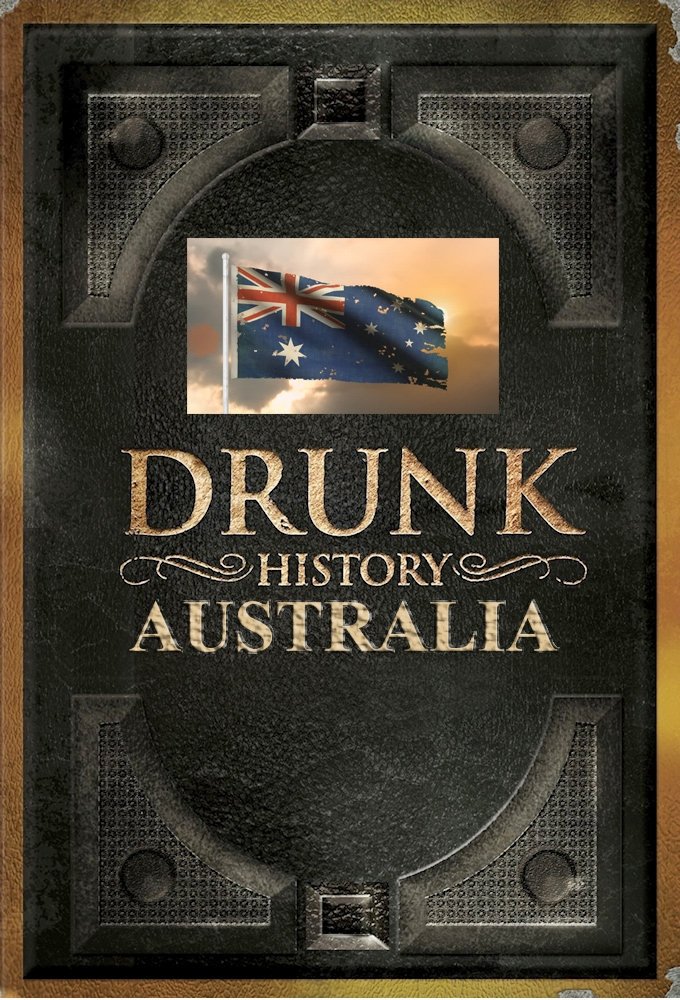
An Australian educational comedy television series based on the American series (and earlier web series) of the same name. In each episode, an inebriated celebrity struggles to recount a historical event, while actors reconstruct and enact the narrator's anecdotes while lip syncing the dialogue.
Jazmin Theodora, 83 is A Nimbin Local Legend and Tarot reader. Jazmin uses her physic abilities to get people in touch with who they are. Her story is about always being yourself. Own who you are and be proud of who you are, regardless of your age. A strong, passionate woman, Jazmin’s zest life shines through inspiring others to live their very best life.
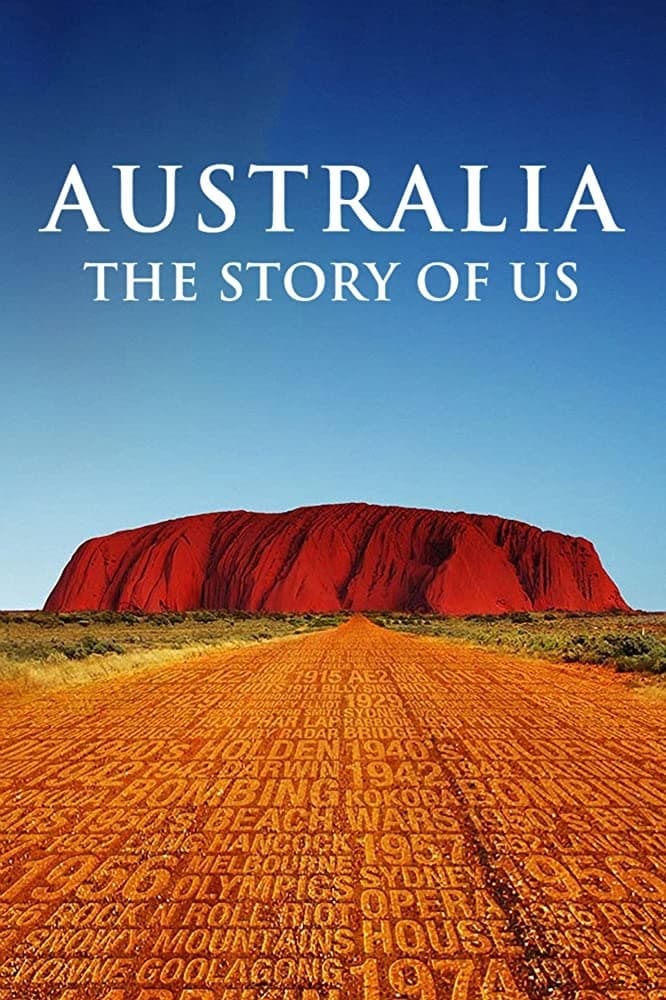
Australia: The Story of Us is an extraordinary journey through the people, places and events that have shaped Australia, from the first footprints on our continent to the present day. Astounding visual sequences, amazing CGI and dramatic re-enactments bring these stories to life and show how we came to be the country we are today.
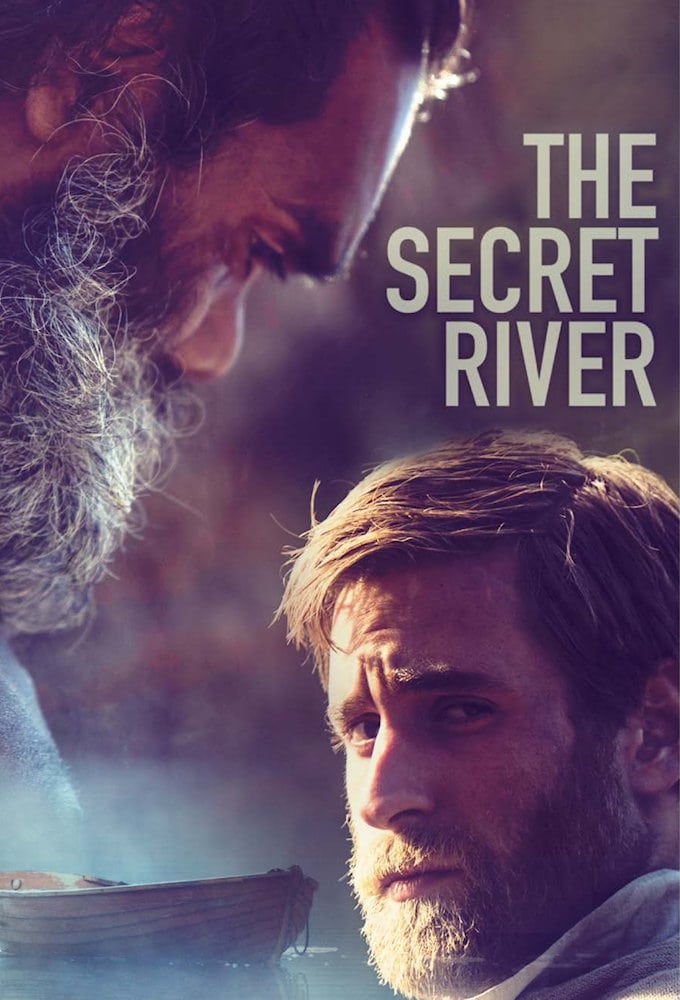
In 1806, William Thornhill is sentenced to New South Wales for life where he is drawn into a terrifying conflict that will leave a bloody and indelible stain.
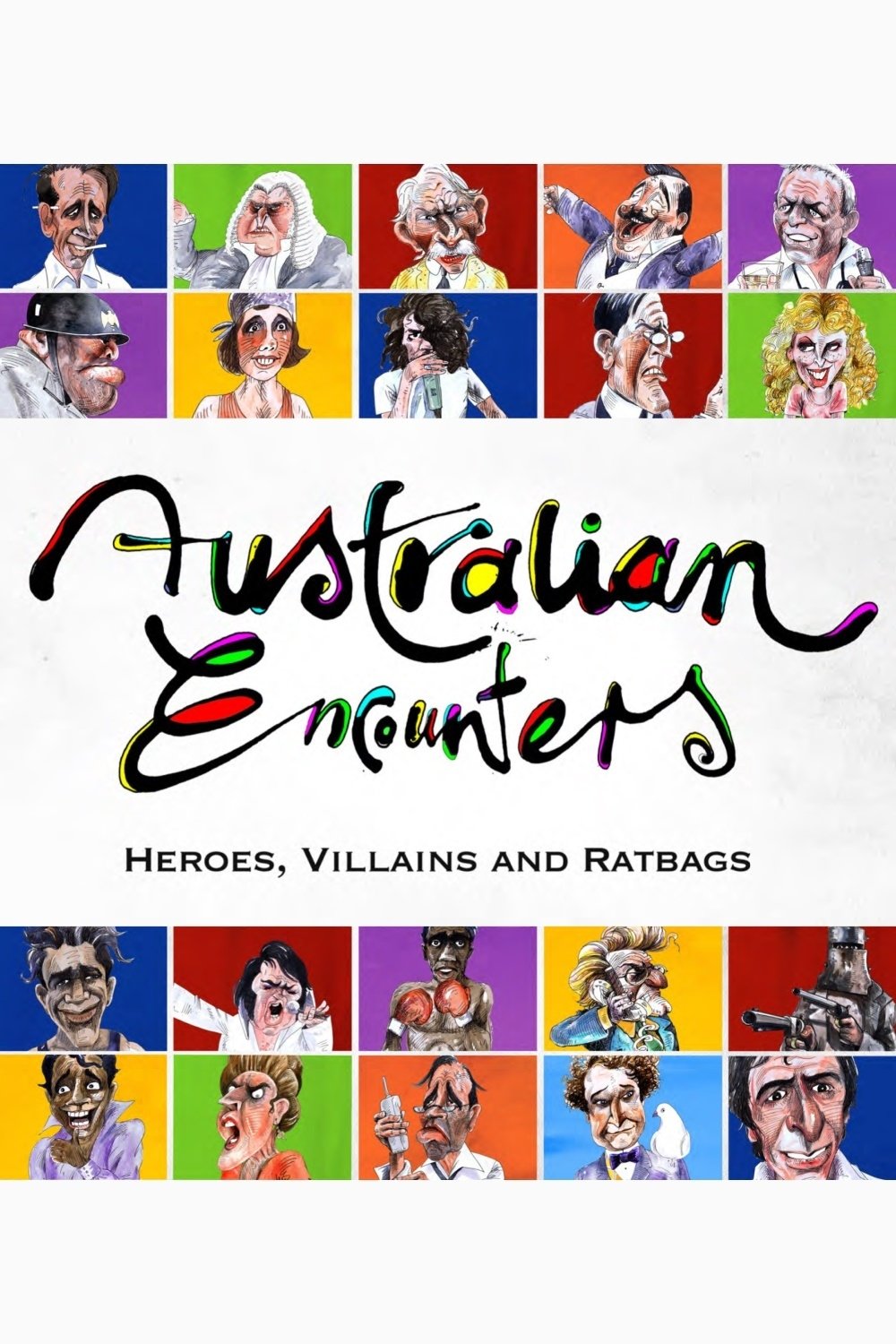
Presented with humour and verve, Australian Encounters celebrates ten historic encounters, each between a renowned Australian and an international mover and shaker.
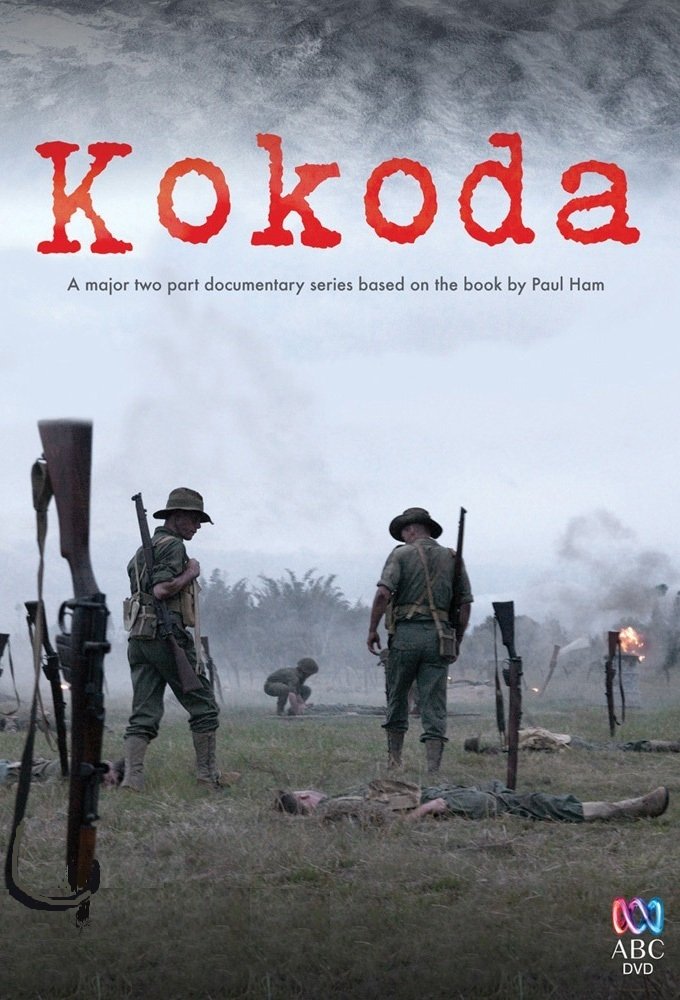
The true story of the brutal World War II military campaign fought between Australia and Japan in the green hell of the mountains of Papua New Guinea. Told from both the Japanese and Australian perspectives the documentary also explores the impact of the decisions of high command on the soldiers at the front line.
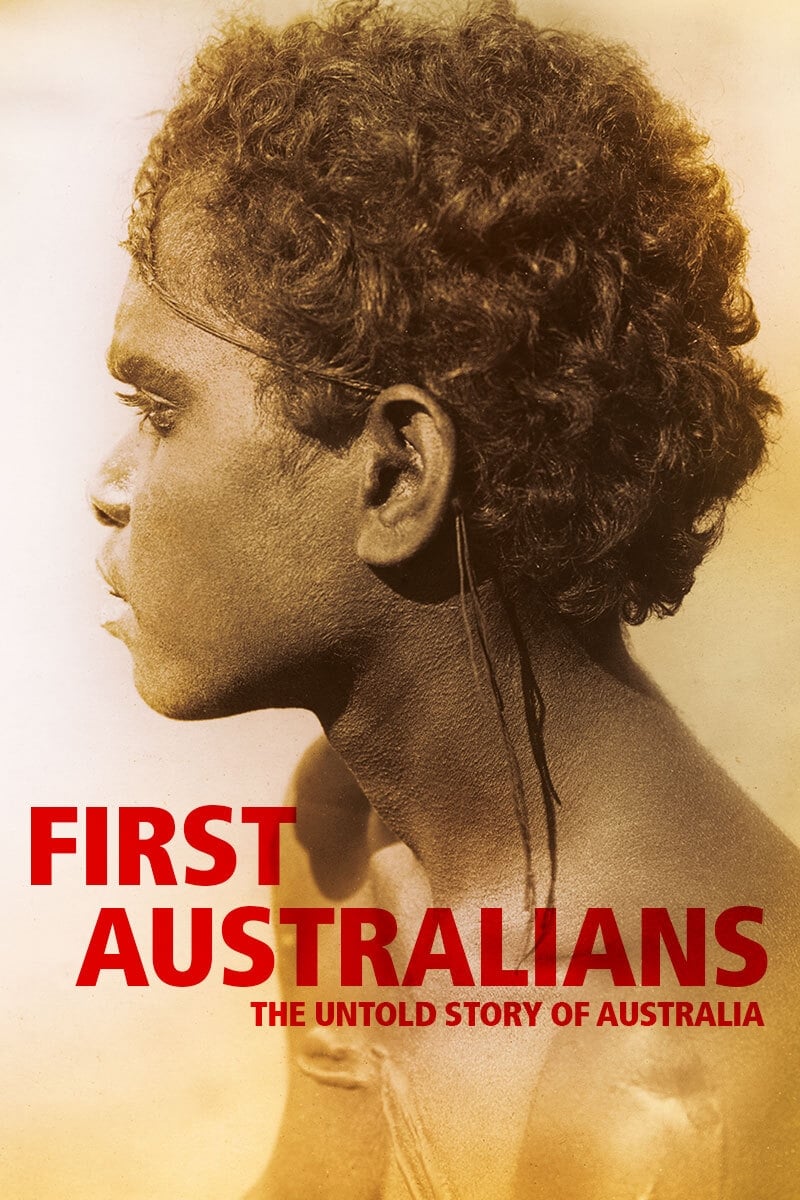
First Australians is an Australian historical documentary series produced by Blackfella Films over the course of six years, and first aired in October 2008. The documentary is part of a greater project that further consists of a hard-cover book, a community outreach program and a substantial website featuring over 200 mini-documentaries. The series chronicles the history of contemporary Australia, from the perspective of its first people, or Aborigines. The series is essentially a synthesis of well documented historical information. It relies heavily on archival documents and interpretations from historians and members of both the Indigenous and European community and leaders. The story begins in 1788 in Sydney, with the arrival of the First Fleet and ends in 1993 with Koiki Mabo's legal challenge to the foundation of Australia. The series comprises seven episodes in which it explores what unfolded when the oldest living culture in the world was confronted by the British Empire. It explores the lives of particular individuals and uses their stories as a vehicle to explain the larger situations of the time. It explains violent aspects of European settlement of Australia, such as killings, battles, wars, as well as acts of friendship and decency between the early European settlers and Indigenous Australians. Indigenous Australian history has until recently been clouded by the "great Australian silence" where ignorance of the real history of Australia can be seen as a way for non-Indigenous to hide shame for their own history. In this respect it has been controversial in that many of these stories have not been portrayed on Australian television before and the Indigenous Australian perspective of European settlement is confrontational for many.
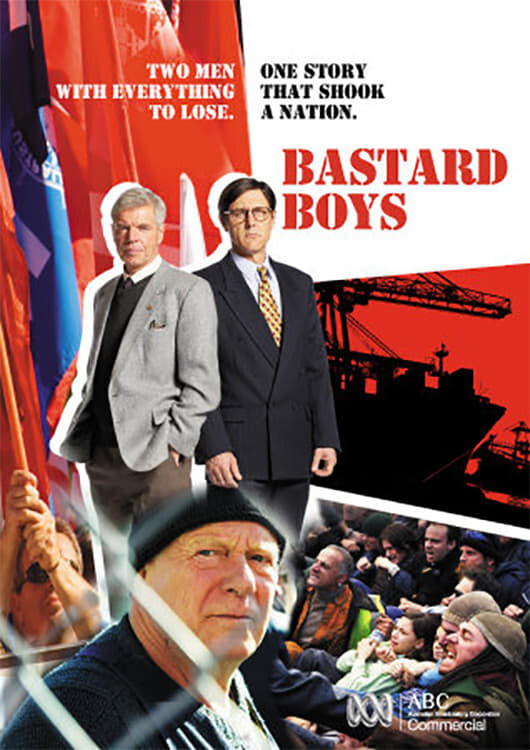
Bastard Boys is an Australian television miniseries broadcast on the ABC in 2007. It tells the story of the 1998 Australian waterfront dispute. The script, published by Currency Press, won the 2007 Queensland Premier's Literary Award for Best Television Script.
A story of struggle and tragedy, the film features harrowing underground disasters, heroic rescues and traces a history of strikes, industrial turmoil and the current push by global mining giants to destroy regional communities and replace local mineworkers with a subservient itinerant workforce.

The True Believers is a 1988 Australian mini series which looks at the history of the Australian Labor Party from the end of World War Two up to the Australian Labor Party split of 1955. It was co-written by Bob Ellis who focused on three characters "Chifley, the unlettered man of great dignity; Menzies, who used to stand for something but eventually stood only for Menzies; and Evatt, the grand idealist... It's almost like Shakespeare's Henry IV, Part 1. It's a chunk of national history during Australia's great era of change after the war."
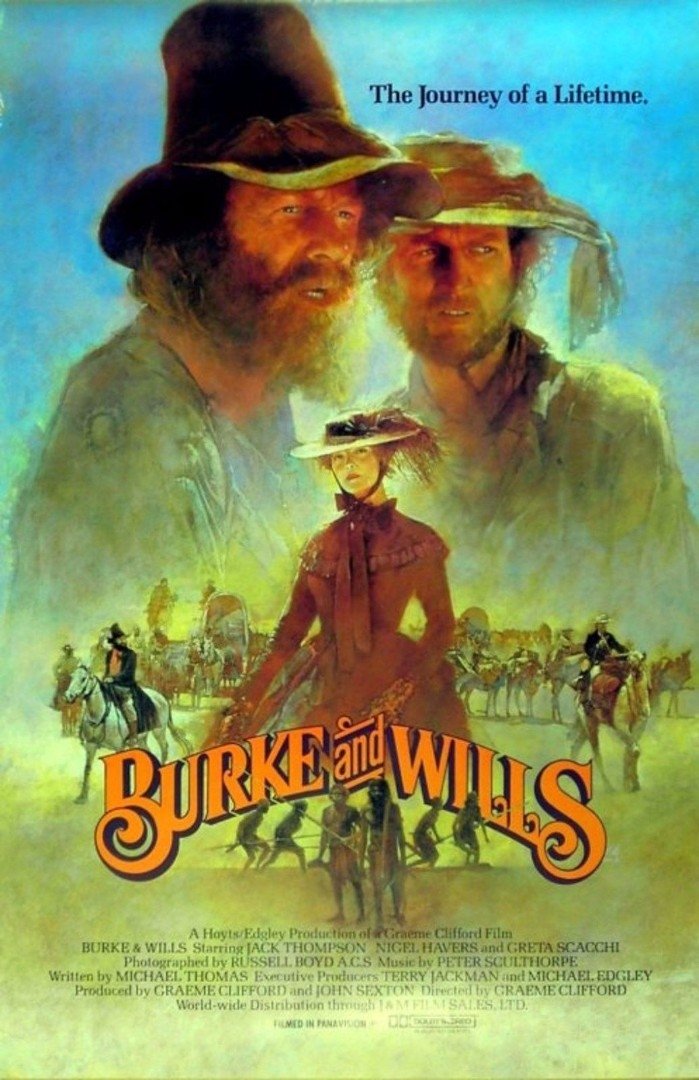
A story based on true events about two explorers on a doomed journey trying to cross Australia on foot in the 19 century.
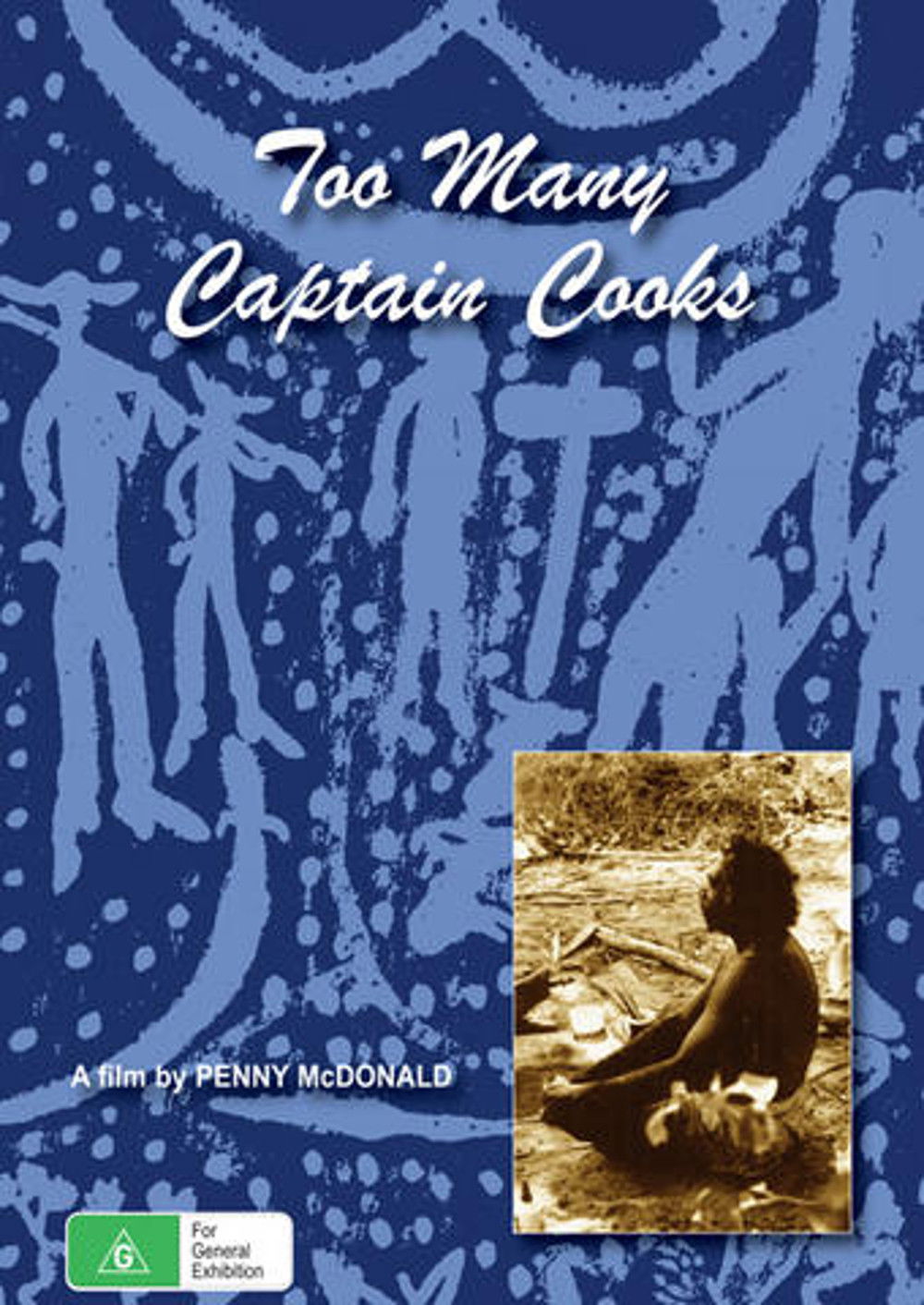
For both Aboriginal and non-Aboriginal Australians, Captain James Cook is a figure of great historical significance.
By browsing this website, you accept our cookies policy.